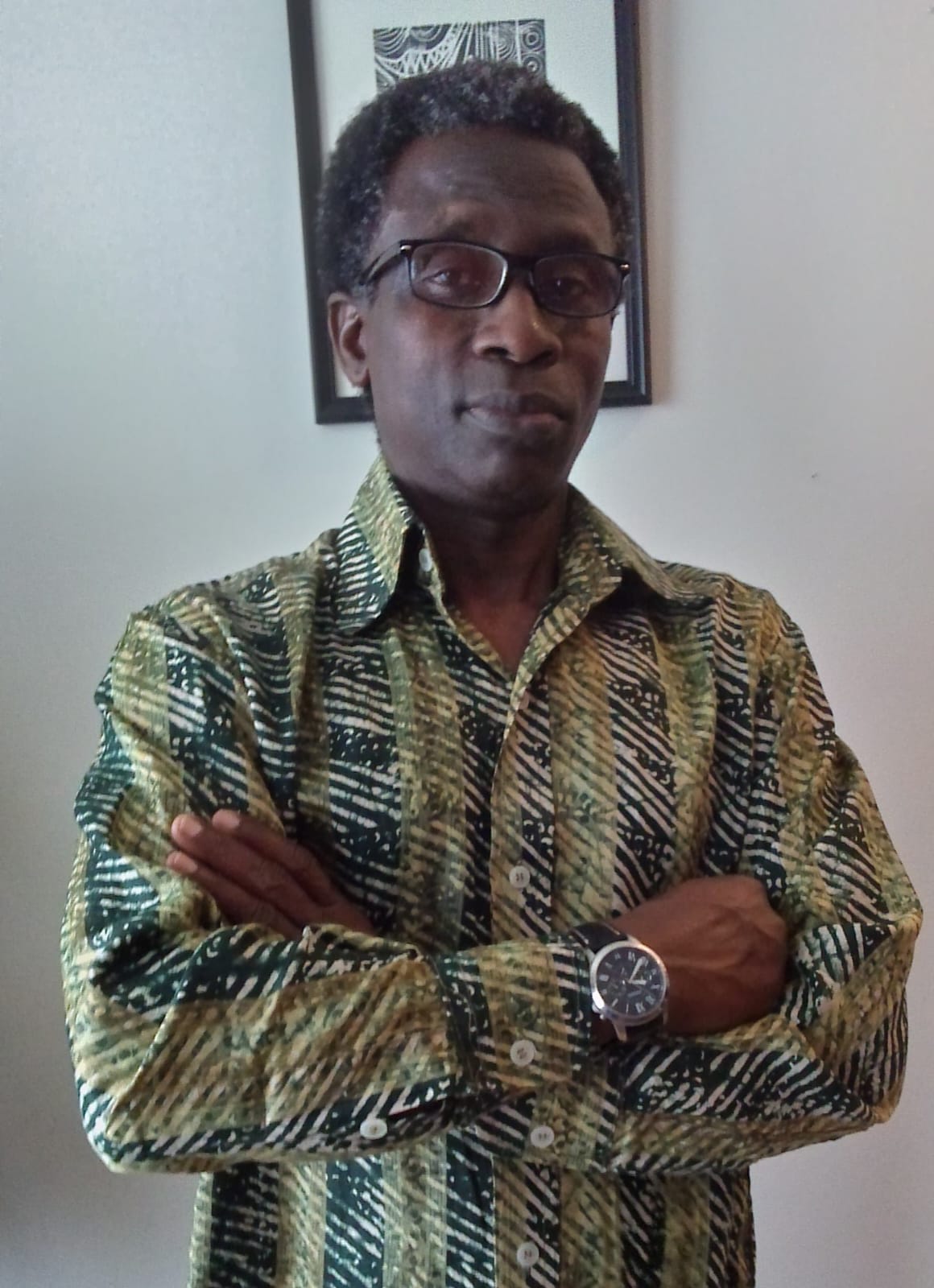
By Prisca Sam-Duru
Akin Adesokan, professor of Comparative Literature and of Cinema and Media Studies at Indiana University in Bloomington, United States, will deliver the keynote address at the colloquium of the 26th Lagos Book & Art Festival, LABAF 2024.
Scheduled to take place on Friday, November 15, 2024, the award-winning novelist (Roots in The Sky), poet, translator (The Age of White Rulers, an English translation of Aiyé D’aiyé Òyìnbó, the Yoruba novel by Chief Isaac Delanọ) and essayist (Postcolonial Artists and Global Aesthetics, Everything is Sampled), is flying into town specifically to take part in LABAF for the second time in 11 years.
The working title of the address is “The Pitfalls of Memory from Hope to Despair and Reckoning”.
It will focus on Wọle Ṣoyinka’s Nobel lecture, “This Past Must Address Its Present” and the 2003 documentary film, “The Return of Sara Baartman” (by South African director Zola Maseko) about the repatriation of the remains of Sara Baartman, so-called “Hottentot Venus,” to South Africa in 1998.
Adesokan was at the LABAF in 2013, to moderate a conversation with John Godwin, the architecture professor and passionate advocate of historical preservation in the city of Lagos and his wife Gillian Hopwood, who had just (then) jointly authored a book: Sandbank City: 150 Years of Lagos. The discussion was in keeping with the theme of the LABAF 2013: Nigeria’s Centenary, The Lagos Narrative.
LABAF 2024, which marks a quarter century of the event dubbed the “country’s biggest culture picnic”, is scheduled to run for a full week from Monday, November 11 to Sunday 17 at the Freedom Park, Lagos Island, Nigeria, with the theme, BREAKOUT: HOPE IS A STUBBORN THING, but the heart of the feast lies in the three weekend days of Friday November 15 to Sunday November 17, when the main books of the festival are discussed.
The colloquium is the major plenary assembly of the LABAF.
Previous keynoters, in the last 10 editions of this annual homage to literacy, have included Professors Biodun Jeyifo, Niyi Osundare, and Awam Amkpa. The poet Odia Ofeimun has been a keynoter, so has been Ayisha Osori, author of Love Does Not Win Elections.
Kunle Ajibade, the activist journalist who delivered the Festival keynote in 2021, will chair Adesokan’s address.
“Adesokan’s keynote will engage with the main thematic concerns that unify the 12 main books of the Festival”, says Jahman Anikulapo, Programme Chair of the Committee for Relevant Art (CORA), which is hosting the event.
The keynote address will be followed by a panel with the subtheme: Reclaiming the Moment, featuring reviews and conversations around Ayi Kwei Armah’s wat nt shemsw: The Way of Companions and Mark Manson: Everything F*cked: A Book about Hope. The reviewers and discussants on this colloquium panel include Deji Toye, a poet and lawyer and Dipo Ogunbiyi, an investment banker. The panel will be moderated by Ifeanyi Uddin, banker and newspaper columnist at Premium Times.
Anikulapo, a former Editor of The Guardian on Sunday and the curator and Festival Director of LABAF, explains the choice of the theme Hope is a Stubborn Thing, for the Festival. “In the difficult circumstances that our society finds itself, hope is the one sure compass with which we can navigate the waters. The event is dedicated to Professor Wole Soyinka, whose constancy is a source of hope and optimism. This festival will engage with books in which hope, doggedness, the will to win, is a key subject, whether in fiction or in reality”.
The main books of the Festival include, Andre Brink’s Imaginings of Sand, Mukoma Wa Ngugi’s We, The Scarred; Mark Manson’s Everything Is F*cked: A Book About Hope; Laila Lalami’s Hope and Other Dangerous Pursuits (2013); Ayi Kwei Armah’s wat nt shemsw:The Way of Companions (2018); Wọle Ṣoyinka’s Chronicles from the Land of the Happiest People on Earth; Antje Krog’s A Change of Tongue; Edward W. Said and Daniel Barenboim’s Parallels and Paradoxes: EXPLORATIONS IN MUSIC AND SOCIETY-This is about a possible Pluralism of Israeli and Palestinian societies; Peter Zeihan’s The End of The World Is Just The Beginning; Hans Rosling: Factfulness: Ten Reasons We’re Wrong About the World – and Why Things Are Better Than You Think; Chigozie Obioma’s ‘The Road to the Country’ and Chibundu Onuzo’s Sankofa.
Disclaimer
Comments expressed here do not reflect the opinions of Vanguard newspapers or any employee thereof.